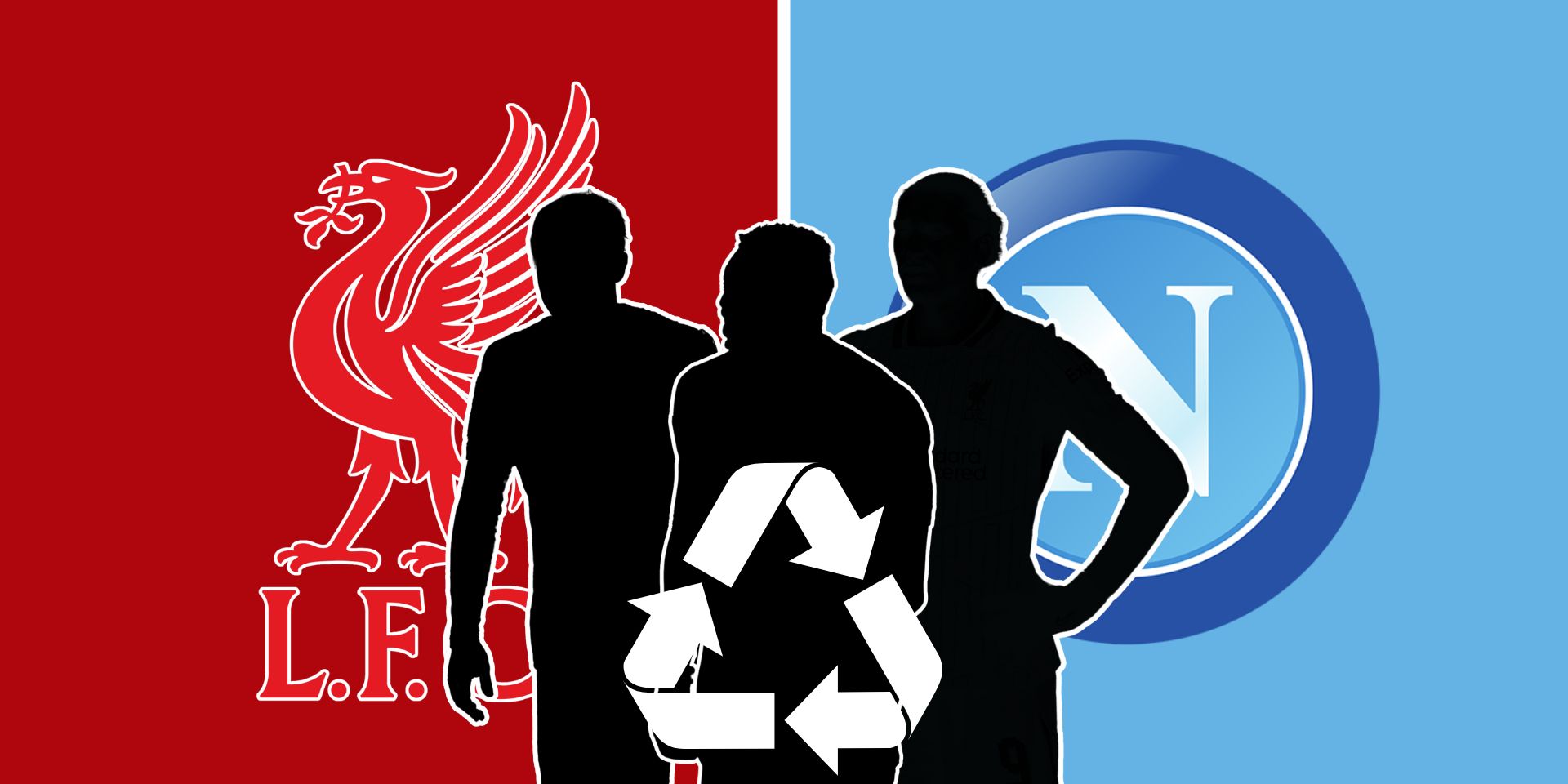Mr. Tom Fletcher, Under-Secretary-General for Humanitarian Affairs and Emergency Relief Coordinator - Remarks at ECOSOC Humanitarian Affairs Segment Opening Session (18 June 2025, Geneva) - World | ReliefWeb
Thank you, Madam Vice President.
May I make tribute to an energetic leadership of this session and to the extraordinary efforts to get those 75 countries who already signed up to the call to action. If you are not on that list, watch out - she is coming for you.
I also want to pay tribute to the eloquence and example that we have just heard from our President here, Ambassador Bob Ray. I am so glad that that young child, 63 years ago, was listening so carefully and has turned into the leader that you are today. And thank you for your resolute defense, consistent defense, of the international system and our international values.
Now, the theme of this Humanitarian Affairs Segment could not be more urgent: “renew global solidarity for humanity”.
And we often call our session something like that, don’t we?
And yet right now, these are more than just words on an agenda because our sector is under-funded, overstretched, and literally under attack. And so this is also a call to action to reduce suffering, to save lives and to mobilize real, practical action, as Bob as said, for a world which is on fire.
This session is not hypothetical. This is not a drill right now. We have to make sure that we are not an orchestra without an audience.
Let me remind you of some uncomfortable truths.
As we speak, the Middle East teeters on the edge of a wider war.
People in Gaza, starving, while the food that you have provided rots at border crossings - are we here for them?
Girls in Afghanistan, banned from school while their country cries out for their contribution - are we here for them?
Women in Sudan, experiencing horrific violence, their bodies turned into battlegrounds, suffering met with impunity and indifference, as we’ll hear in a moment from my friend Mama Nour - are we here for them?
And let’s not forget the gangs terrifying families in Haiti; the aid workers detained in Yemen; the people killed and forgotten in the Sahel.
As if all that weren’t enough, we’re also at war with our planet, causing a climate crisis which will drive more humanitarian needs in the coming years than any other factor that we discuss today.
And our descendants, the 8-year-old or young kid, the young Bob Ray in the room, who I hope is listening to us today will ask: were we here for them?
Meanwhile, our teams, our humanitarian staff, the bravest of us, are not hesitating to go towards the sound of gunfire, the sound of danger to drive those convoys though those checkpoints and they are being killed in record numbers, while those responsible for killing them roam free. Are we here for those colleagues? Those people who are doing that work on our behalf.
Excellencies and colleagues, allow me to be candid: the humanitarian movement is facing its biggest test since that rule-based system was devised at a time when we had learned the cost and what happens to us if we fail to ensure we have that scaffolding around our international system. This is not just a crisis of financing; it is also a crisis of morale and legitimacy.
So we need you right now. We’re in a moment of conflict, of transactional politics, of selfishness, of division, of polarization. And global solidarity - the lifeblood of what we do - is in retreat.
And at this moment, when the needs are at their highest, the funding is also in retreat.
Only six months after I launched, here, a Global Humanitarian Overview which already ruthlessly prioritized 190 million lives that we could reach, fellow humans that we could support this year, we’ve been forced again this week to hyper-prioritize, to make brutal life and death decision about which of that already reduced number we can realistically reach this year.
We’re left with the cruelest of equations when we make those life and death decisions, literally, about who to save.
And let me be absolutely clear: just because we are asking less money to save fewer lives than we want to save, it does not mean that those other people have disappeared somehow, that they are not still there - over 300 million of them needing our protection and help.
We will save as many lives as we can with the resources that you give us. And all we are asking - and please write this down and please send it back to your ministers and your leaders - we are only asking for 1 per cent of what you spent, as the world, on defense last year. One per cent.
And this isn’t just a call for money, of course. It is a call for global responsibility, for a shared commitment to end the suffering. It is a call for a mindset shift about how we work. As Ambassador Rae described, it is a call for a power shift in the sector and the humanitarian community.
And to echo the Ambassador’s points about the next few days, we also make this call that all of us find a moment to come off our talking points and to find the individual moment of courage and creativity to support this effort.
As a humanitarian movement, we will continue. The mission is still the right one. And I believe that there is still a movement out there with billions of people who will back us. And so I’ll talk in a moment about how we are resetting - reform, regroup, renew. The four Ds - define, devolve, deliver and defend. Our efforts to redesign the system from the ground up, as Bob said, to meet the world as it is right now, but also to live up to the world as it should be.
We’ll find new allies, we’ll find new sources of funding, we’ll find new ideas, we won’t just patch up the old model. We will also forge a new one. A bold humanitarian pact with the people we serve. More local, more lean, more green. Because those people, on the frontlines of crisis, know better than anyone what they need.
As we reset, we must be there for them.
And we’ll hear now from some of those, the people who represent the real frontline of humanitarian leadership, not those of us behind the acronyms.
First we will hear from Mama Nour. I had the privilege of spending time with Mama Nour in Port Sudan in my first week in this job. She has dedicated her life to helping women and girls who have survived unimaginable trauma.
Then, Ms. Sahar Safi from Afghanistan. In a country where aid cuts, as I saw a few weeks ago, are biting so hard, she represents the courage of women who refuse to give up on Afghanistan's future.
And let me give you, hot off the press, from the IASC meeting yesterday, an unequivocal commitment from that group, that women and girls will not just be protected in a humanitarian reset, they will lead the humanitarian reset. They will be at the heart of the humanitarian reset. And a commitment to our women humanitarian leaders as well that we will back them in their leadership of this work.
We will also hear from Mr. Amjad Shawwa who represents the resilience of Palestinian civil society and determination to serve communities even under such unimaginable circumstances.
These leaders, the real leaders of our movement, don’t work for the UN or international NGOs. They are not part of the logos, and egos, and silos of our systems. They have something much more powerful – they are rooted in their communities with the trust of their communities and an unshakeable belief that even in these darkest moments we can choose to help each other. They are there for us and we must be there for them.
We all only get one go at this. The question that faces us in the coming days, weeks and months is: are we brave enough to build a system that is worthy of their trust and to be there for them?
Thank you.









